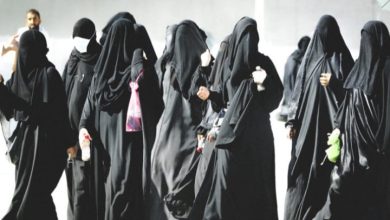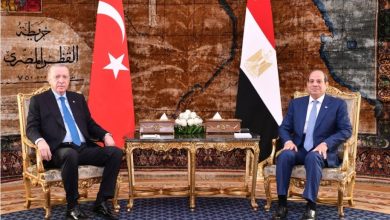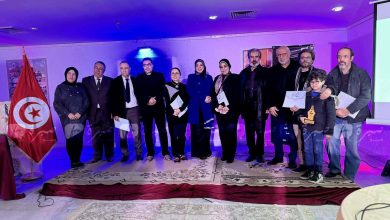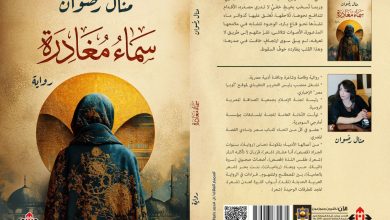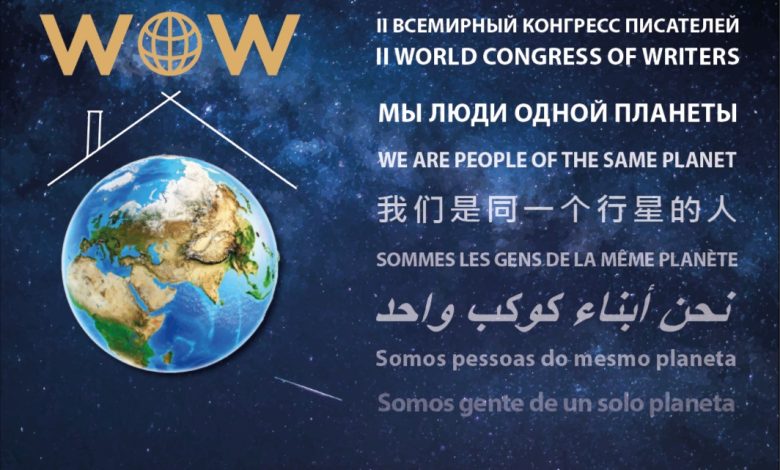
The upcoming World Writers’ Congress will open with a rich series of round tables that bring together writers, scholars, translators, publishers, and cultural leaders from across the globe. Designed to spark dialogue on the transformative role of literature, these sessions will address both enduring challenges and emerging opportunities within the literary and cultural spheres.
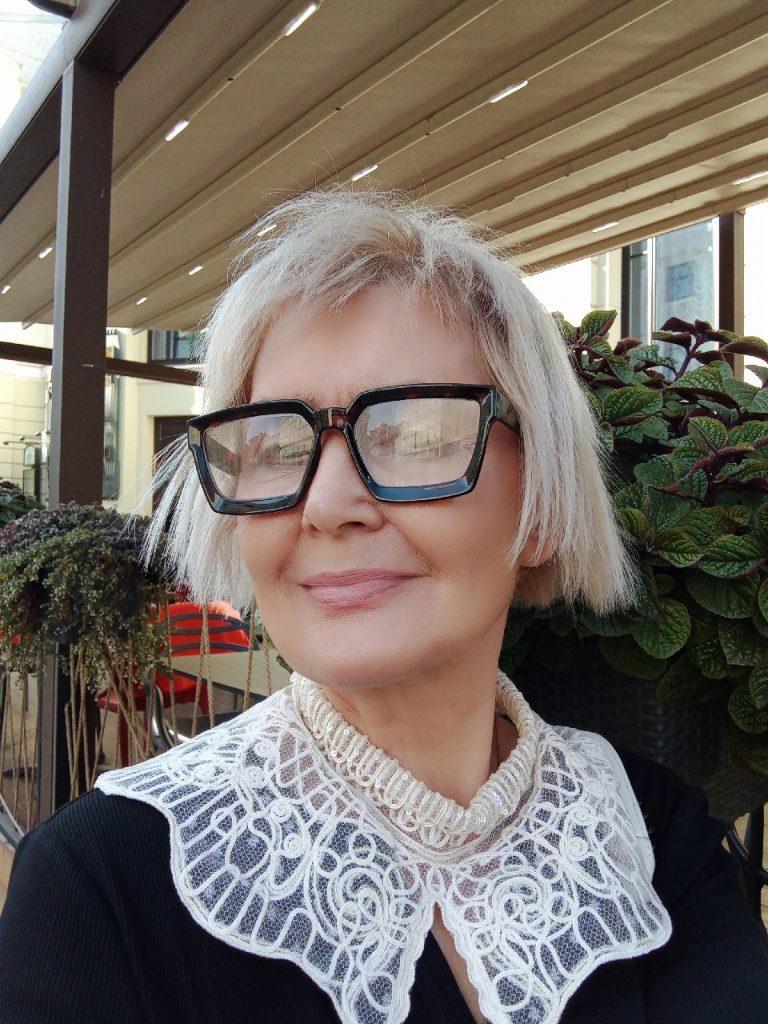
Margarita Al, President of the World Organization of Writers and creator of the visionary project “We Are People of the Same Planet,” once again brings together the voices of world literature. For the second time, she convenes eight round tables—an endeavor first realized in 2019 in Baku, Azerbaijan, with the participation of writers from 52 countries. Now, on September 21, 2025, at the II WOW World Congress of Writers in Moscow, she will preside over these eight round tables, uniting writers from 62 nations in a dialogue that transcends borders and affirms our shared human spirit.
Round Table №1, “Writers’ Unions: From Solidarity to the Architecture of a New Humanism,” will be divided into two complementary sessions. Round Table 1A will be moderated by Wale Okediran of Ghana, guiding discussions on the evolving mission of writers’ unions in building solidarity across continents. The panel will include Mengkobilov Abdulla (Uzbekistan), Goima P.B. Mwamwingila, Anthony Obeng Afran (Ghana), Dr. Lebogang Lance Nawa (South Africa), Kurnia Suprihatin (Indonesia), and Sanu Bernadette Dao (Burkina Faso). Round Table 1B will continue this exploration under the moderation of Paulo Bracarense (Brazil), featuring interventions by Eldar Akhadov (Azerbaijan), Elena Olzeeva (Russia), Prof. Eugene Ebode (Cameroon/Morocco), Vladimir Delba (Russia), John Rusimbi (Rwanda), and Shadrek Chikoti (Malawi).
Round Table №2, “The Art of Translation: The Word as a Point of Cultures,” will emphasize the central role of translation in bridging civilizations. Moderated by Prof. Bill Ndi (USA/Cameroon), the session will bring together Kosimzoda Abdulkahor (Tajikistan), Isufi Case (Albania), Ibrahim Stambouli (Syria), Lucille Mudenda (Zambia), Santosh Kumar Pokharel (Nepal), Ruben Flores Arcila (Colombia), Tamara Potemkina (Russia), Egara Kabadji (Kenya), Vakhtang Abkhaz (Abkhazia), Prithviraj Taur (India), and Richard Ali (Congo). Their exchanges will underline how translation acts as both a cultural necessity and a humanistic art.
Round Table №3, “Media and Literary Magazines: From Information Simulacra to a Semantic Guide,” will focus on the influence of media and literary journals in shaping meaning and guiding public discourse. Chaired by Ashraf Abul-Yazid (Egypt), the discussion will feature contributions from Marsel Salimov (Russia), Adel Khozam (UAE), Shirani Rajapakse (Sri Lanka), Prof. Dr. Laeed Zaghlami (Algeria), Michael Adeboboye (Nigeria), and Aisha Hamad Said Al Darmaki (Oman).
Round Table №4, “Education and Universities: Literature as a Vector of Human Development,” will address the intersection of education and literature. Under the moderation of Alex Pausides (Cuba), speakers will include Cherno Omar Barry (Gambia), Bakhyt Rustemov (Kazakhstan), Mamta Sagar (India), Ade Wede Wee Kekule (Liberia), Rabia Marhoush (Morocco), Danilo Jose Urtecho (Nicaragua), and Nthabiseng JahRose Jafta (South Africa).
Round Table №5, “Young Writers: Literary Tomorrow as a Collective Project,” will highlight emerging voices in world literature. Moderated by Idowu Okediran (Ghana), the panel will feature Anwar Rahim (Pakistan), Luis Carlos Prestes (Brazil), Reshma Ramesh (India), and Joseph Butoyi (Burundi).
Round Table №6, “Book Fairs, Festivals, Publishing Houses: Culture as a Space of Interaction,” will explore how literary ecosystems foster cultural dialogue. Chaired by Aminur Rahman (Bangladesh), it will include Alexander Ratkevich (Belarus), Omar Yusuf (Djibouti), Mirta Ramirez (Argentina), Eden Soriano Trinidad (Philippines), Jama Musse Jama (Somaliland), Usman Akanbi (Nigeria), Salma Elnur Ahmed ( Sudan), and Hilda Twongairwe (Uganda).
Round Table №7, “Dramaturgy and Cinematography: The Humanistic Vector of the World Screen,” will examine the power of stage and screen to express collective values and shared futures. Moderated by Maratov Ulugbek Maratovich (Russia), Chairman of the Marat Alyshpaev Foundation for the Development of Culture and Art, the session will feature Zulma Montero (Bolivia) and Keamogetsi Joseph Molapong (Namibia).
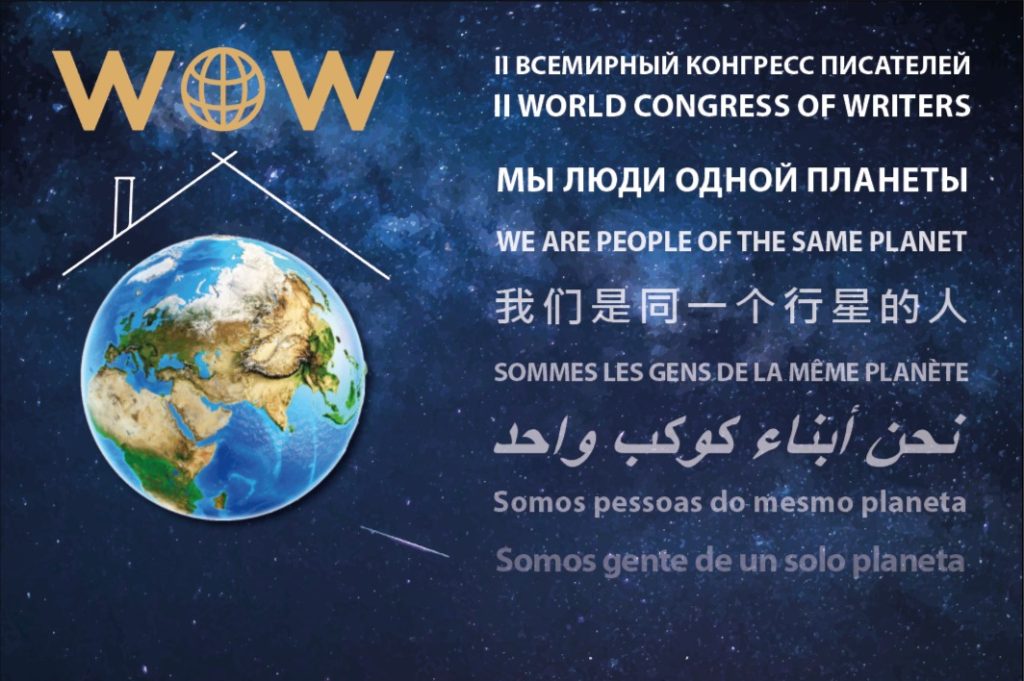
Together, these round tables embody the Congress’s mission to reimagine literature as a global humanistic project. From translation and education to media, young voices, and the visual arts, the discussions will reinforce how writers and cultural institutions can shape a new architecture of solidarity and meaning in today’s world

